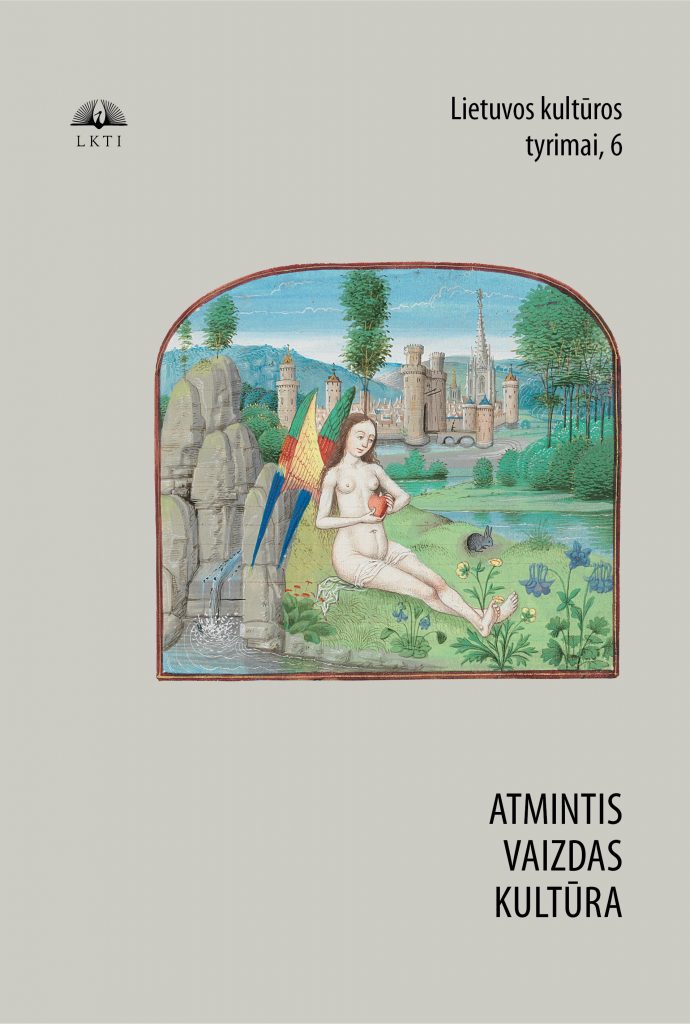
Memory. Image. Culture
Collective amnesia is the spiritual disease of our time. Mass media and communication technology fill up the social atmosphere with new sources of pleasure and illusion, which increase the value-vacuum. However, the perceived threat of memory loss encourages new intellectual, cultural and artistic movements. It’s not therefore surprising that the themes of memory and identity now more than ever are discussed and stimulate examination of our attitudes to the past, highlighting the historical continuity of memory as well as the duels of memory and oblivion.
In the endless labyrinth of memory Umberto Eco was searching for answers to the great questions of time and memory, invoking the Foucault pendulum as an existential matrix. Magic Middle Ages hide many secrets. As well as one of the most mysterious characters of Eco’s novel The Name of the Rose, whose prototype was a close friend of Algirdas Julius Greimas. Is it possible to visualize memory through the most incredible and mysterious stories? How to keep a secret and to create visions? Eco’s works provide extraordinary responses. Once asked, why the Medieval times, that seemingly so-distant world, seduces him, the writer Umberto Eco said: “It’s hard to say. Why do we fall in love? In fact, the Middle Ages are completely different from what we imagined. To me, they were not the Dark Ages. They were a luminous time… ”, giving us another memory code.
Authors: Vytautas Rubavičius, Odeta Žukauskienė, Rita Repšienė, Eda Kalmre, Vytautas Berenis, Gintaras Beresnevičius, Viktorija Daujotytė, Kęstutis Šapoka/Artūras Raila, Marija G. Repšytė, Žilvinė Gaižutytė-Filipavičienė, Lida Vidauskytė, Renata Stonytė
Year: 2015